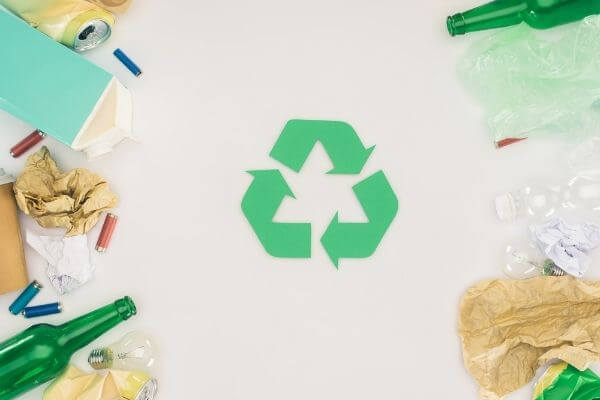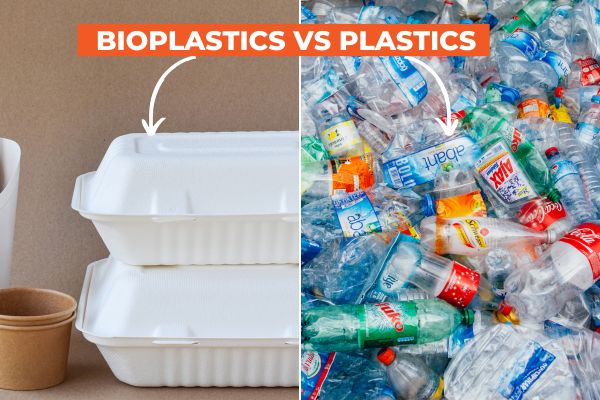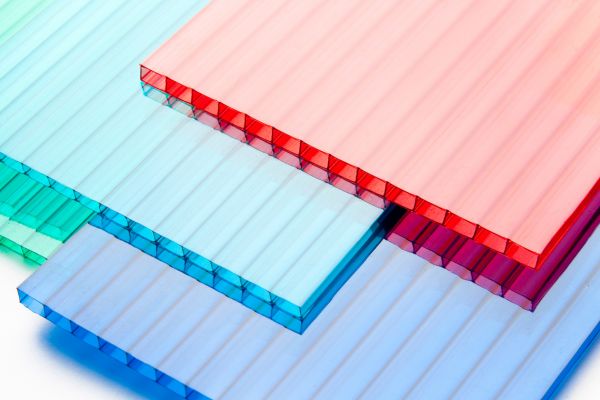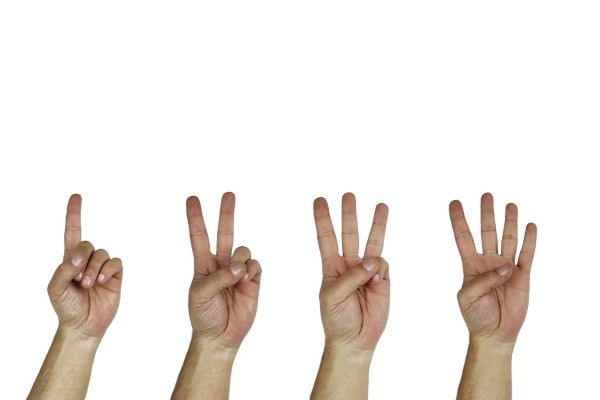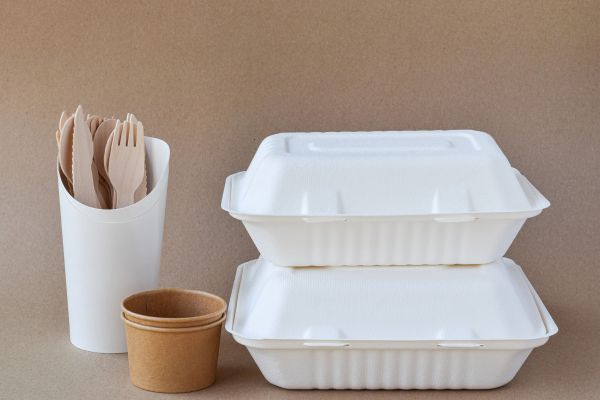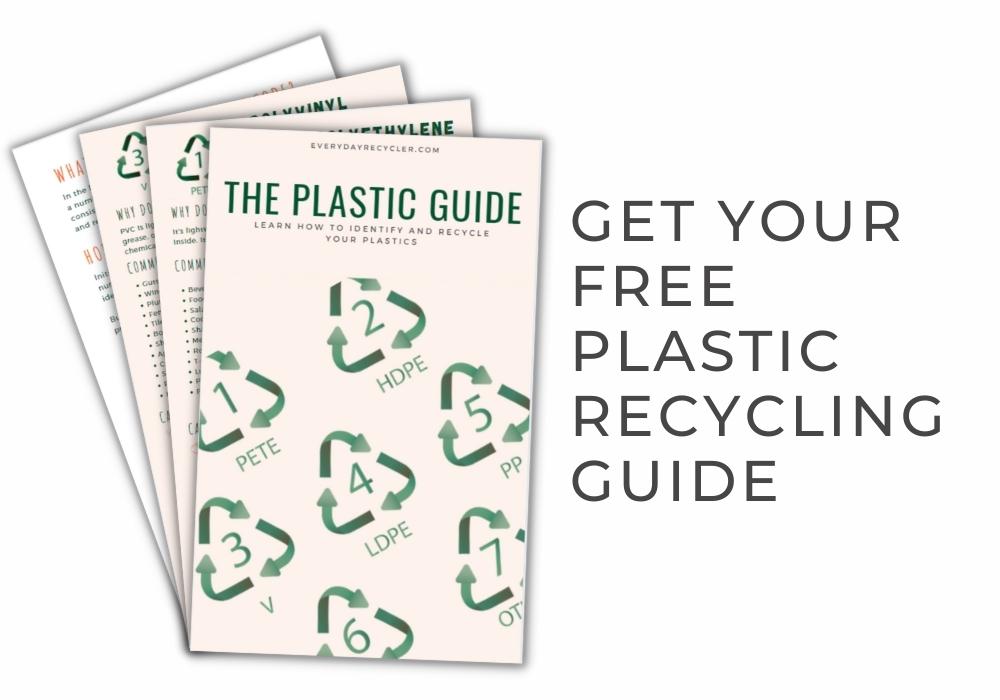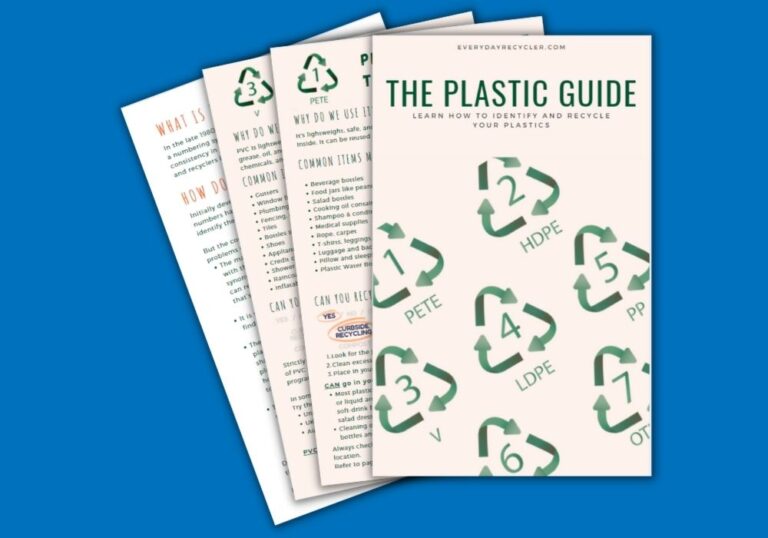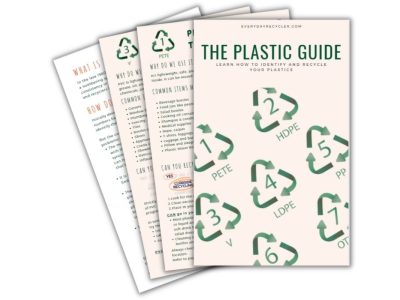Knowing how to recycle items in your home can be a bit tricky sometimes. There is a lot of different information out there on what can and can’t be recycled.
Why are there so many different rules for your curbside recycling?
With so many different rules around for recycling, it’s no wonder we are all quite confused. Different councils and local authorities all have different rules for what can and can’t be recycled in your curbside bin. Some want you to throw everything together, while others want you to separate each type of material into different bins.
So why can’t the rules all be the same, you ask? That would certainly make our job of recycling easier. The rules are different because each council or local authority has different circumstances to work with.
Every area has different companies that provide recycling services, and each of these companies can have a different operational setup. Businesses can come and go or may decide to change their focus to stay in business. Each business will also have a different schedule for investing in advancements in technology.
Councils need to adapt to these differing conditions while making their own decisions based on their constituents and local situations. I’m sure some of them could improve, but it’s not as easy a job as you might think.
To ensure you have the best information, always check what the rules are with your local council or authority. And remember to check back regularly in case the rules are changed. We suggest setting a calendar reminder about every 6 months.
Check out our tables below for some simple information on what to do with different types of materials.
What goes in your recycling bin?
There are four main types of materials that can go in most curbside recycling bins. One way to help learn how to recycle better is to start with those items that can go in your curbside recycling bin.
Paper & Cardboard
Paper & Cardboard like Mail, office paper, school papers, magazines, catalogs, and newspapers. Corrugated cardboard, paperboard boxes (cereal, crackers, etc.), and shoeboxes.
Tips: No soft tissues, serviettes, or wax paper like baking paper.
Metal
Includes metal cans and tins, aluminum foil.
Tips: Roll aluminum foil into a ball so that it can be recycled.
Glass
Glass bottles and jars only. Note in some areas glass is not accepted in the curbside pickup, so be sure to check your local rules.
Tips: No drinking glasses, ovenproof glass, or light globes.
Plastic
Hard Plastic – Rigid plastics like milk bottles or shampoo bottles, water bottles, juice bottles, and plastic jars. No dangerous chemical bottles.
Tips: No soft plastics like plastic bags, food wrappers, or Bubble Wrap.
Do a scrunch test – scrunch the item, and if it pops back into shape, then it’s OK to go in your curbside recycling. If it stays scrunched, then refer to our soft plastics recycling guide.
What Stays Out of Your Recycling Bin?
Contamination is when something is placed into the curbside recycling bin that should not be there. These items can cause havoc at the MRF facility or may lead to an entire truck of recycling being rejected and sent to landfill. In some countries, where recycling companies still use people to help sort the waste, the items can also be a safety risk for these employees.
Help reduce contamination by learning how to recycle and leaving these items out.
Food waste
Foods and liquids do not belong in the curbside recycling bin. They cause contamination and lead to other recyclable items not being recycled.
Compost your food waste or put it in the general waste bin.
Plastic Bags
Don’t put your recycling into plastic bags. They cause contamination and get caught in the machinery at recycling facilities.
Keep your recycling loose and recycle plastic bags along with soft plastics.
Paper Napkins and tissues
Paper napkins, paper towels, and tissues cannot go in your recycling bin.
These can be composted, or they go in the general waste bin.
Textiles
Your curbside bin is not a place for any type of textiles. Clothes, sheets, towels, other household textiles should not be placed in your curbside bin.
Tips: Donate, repurpose, use as rags, or put in your general waste bin. If you want to learn more about clothes recycling check out our guide.
Coat Hangers
All types of coat hangers cannot go in your curbside recycling bin.
Tips: Take metal coat hangers to your local dry cleaners or to the metal scrap yard. Avoid cheap plastic hanger and say no to hangers when purchasing clothes in store.
Nappies
Please do not put nappies into your recycling bin. This is not the right place. They contaminate all the other recyclables.
Tips: Check for a specialist recycler in your area or put in your general waste bin.
E-waste
E-waste requires specialist recyclers to separate the parts and remove the toxic material. They should never go into your curbside recycling.
Tips: Use Specialist Recyclers
Shredded Paper
Shredded paper cannot go in your curbside recycling bin.
Tips: Use Specialist Recyclers or compost it.
Light bulbs
Most light bulbs need to be recycled by a specialist recycler.
Tips: Use Specialist Recyclers
Batteries
Batteries have harmful chemicals and require specialist recycling. This is also why batteries should never be placed in your general waste bin.
Tips: Recycling drop off locations are plentiful in major cities. Many companies have bins for batteries too. Refer to Specialist recyclers.
Toner Ink Cartridges
Toner cartridges are made up of multiple materials, including ink and toner. They are classified as e-waste.
Tips: Toner recycling bins are found in many offices and schools or local stores.
Expanded Polystyrene or Styrofoam (including foam peanuts)
Expanded polystyrene can cause significant contamination in curbside recycling. It can also blow out of your bin easily and get into the environment. Be sure to collect it carefully and take it to a specialist recycler. Find out more about packing peanuts here.
Tips: Use Specialist Recyclers
Ceramics
Coffee mugs or plates will contaminate other recycling materials. These must be placed in your general waste bin.
Tips: Check for a specialist recycler or place them in the general waste bin.
The Confusing Items
There are some items that, no matter how much you research you do, they still seem to be confusing. Here is our take on the hardest ones.
Glass
You can only recycle glass jars and bottles. Other types of glass, like drinking glasses or bakeware, should not be placed in your recycling bin.
Glass objects are made from different types of glass, often with a much higher melting temperature. When mixed with glass jars and bottles, it can contaminate the recycled material.
Tips: Place only clean empty jars and bottles into your curbside recycling bin.
Pizza boxes
Pizza boxes are cardboard and therefore can be recycled. However, if the cardboard is covered in a heap of cheese or grease, then you cannot recycle it. If possible, tear off the lid and recycle that.
Tips: Recycle if clean
Plastic bottle caps
Unfortunately, there is just no easy answer for what to do with the lids on your bottles.
The only way to be sure is to check with your local council to see what they say. If they are not clear, then give them a ring. Find out more about caps and lids in Can You Recycle Bottle Caps?
Tips: Check your local council rules.
Lids from jars
These are pretty easy as they are usually larger than plastic bottle caps and made of metal. Just make sure you remove the lid off those glass jars and put it separately into your recycling bin.
Tips: Separate from the jar
Coffee cups
Coffee cups are made from a mix of paper and plastic that is difficult to separate. It is true that coffee cups can be recycled; however, there are only a few specialist recyclers like Simply Cups in Australia.
The best option is to say no to take away coffee cups and get your own reusable cup. Have you considered joining Plastic Free July to help reduce your plastic use and create good habits?
Tips: Never put in Curbside recycling. They go in the trash unless you have access to a specialist recycler like Simply Cups.
Padded Envelopes and other postage packaging
Padded envelopes are often not accepted for recycling because they are made of a mixture of paper, plastic, and other filler materials.
Tips: Do your best to separate the materials if you can.
Aerosol cans
Most importantly, make sure aerosol cans are empty before disposing of them. If full, you can take it to a hazardous waste collection program. In some places, empty aerosol cans are accepted in your curbside bin but check with your council first.
Tips: Check your local council rules.
Milk Cartons, Tetrapaks or long-life milk cartons
Milk Cartons or juice containers are made from liquid paperboard, a combination of cardboard with a thin layer of plastic and aluminum foil. A few councils do accept long-life cartons in the curbside recycling bin however, there are still many that do not. Check with your local council.
Tips: Check your local council rules.
When in Doubt Leave it Out
If you are not sure if something can be recycled through your curbside pickup the first step is to find out as much as you can. Refer to our steps above on how to recycle or check with your local council to see if they have more information. If you cannot find any information then it will be best to leave it out of your curbside recycling.
Try not to get into the practice of wish cycling, the well intentioned act of putting something into the curbside recycling bin even if you are not sure if it can be recycled.
Round up
We hope we have made it just a little bit easier when it comes to how to recycle. We always recommend that you check with your local council or authority to ensure you know what they accept or do not accept.
So what about all those things on the NO list above. There are many other places that you can recycle different sorts of materials. There are even companies that will take back your item and/or its packaging. Stay tuned for more where we will introduce you to some of these companies and give you ideas for how to find others.
Check out more in Recycling Tips: Top 10 Mistakes to Avoid When Recycling.


